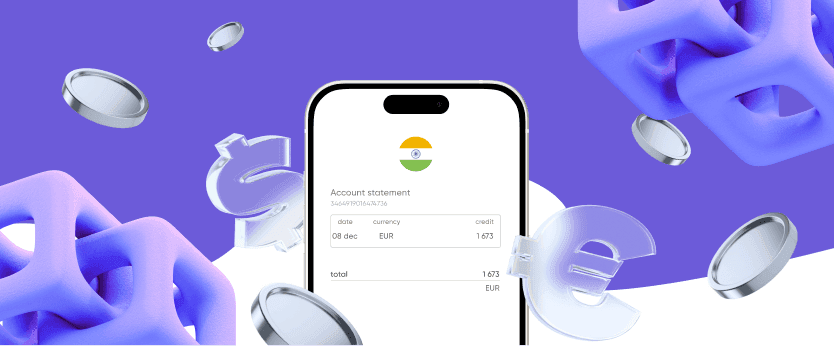How Open Banking Works

Account Information Service Providers (AISPs) and Payment Initiation Service Providers (PISPs) are the two primary providers that function within the Open Banking system. AISPs can access and compile customer account information, and PISPs, on the other hand, initiate payments. AISPs develop open banking platforms and apps to enable businesses to access customers’ financial data to give them better services.
However, customers need to permit their banks to share their data through the open banking API for this system to function correctly. Financial services that offer open banking use this data from the banks. They have a wide range of tech tools to work with, such as accounting apps, budget apps, expense tracking apps, among others. The open banking option provides more financial opportunities for customers, banks, regulators, and third-party payment
Online Payment Company #1
Online payment solutions for all types of businesses since 2019
Subscribe to stay updated
on industry news, insights, and exclusive offers
Frequently asked questions
What is payment gateway?
A payment gateway is a technology used by merchants to accept debit or credit card purchases from customers. It acts as an intermediary between a merchant’s website and the financial institution that processes the transaction, ensuring that payment information is securely transmitted and processed.
How to create payment gateway?
Creating a payment gateway is a complex process that involves a combination of technical development, security considerations, compliance with regulations, and partnerships with financial institutions. Here’s a comprehensive guide on how to approach this task:
Which payment gateway is best in India?
Choosing the best payment gateway in India depends on various factors, including your business model, transaction volume, target audience, and specific features you require. Here are some of the top payment gateways in India, with their features, advantages, and considerations:
Payment gateway charges in India?
Payment gateway charges in India vary based on several factors, including the payment gateway provider, the types of transactions you process, the volume of transactions, and the specific features you opt for. Here’s a breakdown of common charges associated with payment gateways in India.
How to make payment gateway in website?
Implementing a payment gateway on your website involves several steps, including choosing a payment provider, integrating their system into your website, and ensuring you meet security and compliance standards. Here’s a detailed guide on how to create a payment gateway for your website:
What are online payment services?
Online payment services are platforms that facilitate electronic transactions between buyers and sellers over the internet. They enable businesses to accept payments from customers through various digital means, ensuring secure, efficient, and convenient transactions. These services cater to both eCommerce websites and service providers, offering a range of payment methods to meet diverse customer preferences.


